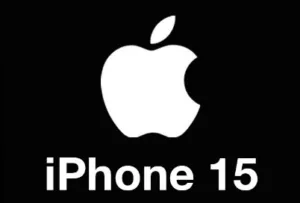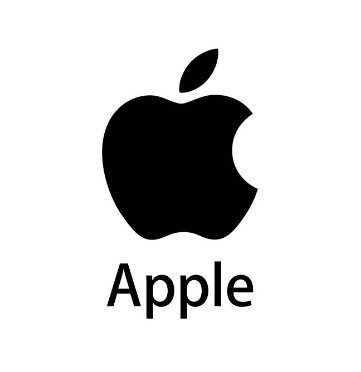India has given first approval for more than a dozen of Chinese suppliers to enter the country for Apple production in India, assisting the corporation in diversifying its network of assembly locations outside of China.
Luxshare Precision
AirPods and iPhone assembler Luxshare Precision are among its licensees. The resident said the approval of a major Indian ministry is a step towards full approval of the expansion of its operations in India and it is likely that the company has yet to find a local joint venture partner in India.
After China’s trade restrictions and COVID-related production shutdowns highlighted the dangers of centralization and an over-dependence on one nation, Apple and other U.S. electronics companies are attempting to lessen their reliance on China.
The license shows that India is allowing more Chinese companies to expand its high-tech manufacturing sector despite rising political tensions between its Asian neighbour.
Apple Role
Prime Minister Narendra Modi has made India’s manufacturing growth a national priority by offering economic incentives and government support for business expansion plans.
Apple has played a central role in this effort, with partners like Hon Hai Precision manufacturing more of their latest-generation iPhones than ever before in the country.
14 Suppliers
About 14 suppliers have been given the green light to provide the services. Apple needs to grow its presence in the country, said a person familiar with the matter.
Most Apple products are still assembled in China, but in recent years the company has begun manufacturing more in India through partners in Taiwan.
Representatives from Luxshare, Sunny Optical, Apple and the Indian Ministry of Technology did not respond to emails requesting comment.
Tata Corporation
Cupertino, CA Apple tightly controls its supply chain, which includes hundreds of component manufacturers. Some Indian companies, such as Tata Corporation, already supply components to Apple, and the country is pushing to add local suppliers to its supply chain to boost and diversify the industry.
Confrontation in 2020
After the militaries of the two nations engaged in a violent border confrontation in 2020 that left at least 20 people dead, India
banned most Chinese enterprises from participating in its tech industry. On the Indian side, this nation’s citizens perished. Anti-Chinese business attitude
has been sparked by the case across the nation.
Since then, India has banned apps from Alibaba, Tencent and ByteDance, and has tracked down, investigated, and fined numerous Chinese tech companies, from mobile phone makers to service providers. fintech service.
As the Chinese government tightens rules barring companies from neighbouring countries from entering the country without government approval, Chinese companies are missing out on government incentives for investors. technology production.
Smartphone assembly operation expansion
Meanwhile, India is gradually expanding its smartphone assembly operations locally, allowing Taiwanese manufacturers Hon Hai, Wistron and Pegatron to set up factories.
However, the growth of the domestic industry is constrained by the lack of major parts manufacturers near where they operate.
India has now allowed some Chinese suppliers to expand into the country, but some are still being refused, the official said. Apple has submitted a list of about 17 suppliers to Indian authorities, a source said.
Han’s Laser Technology Industry Group and Shenzhen YUTO Packaging Technology liberated companies, the official said.







